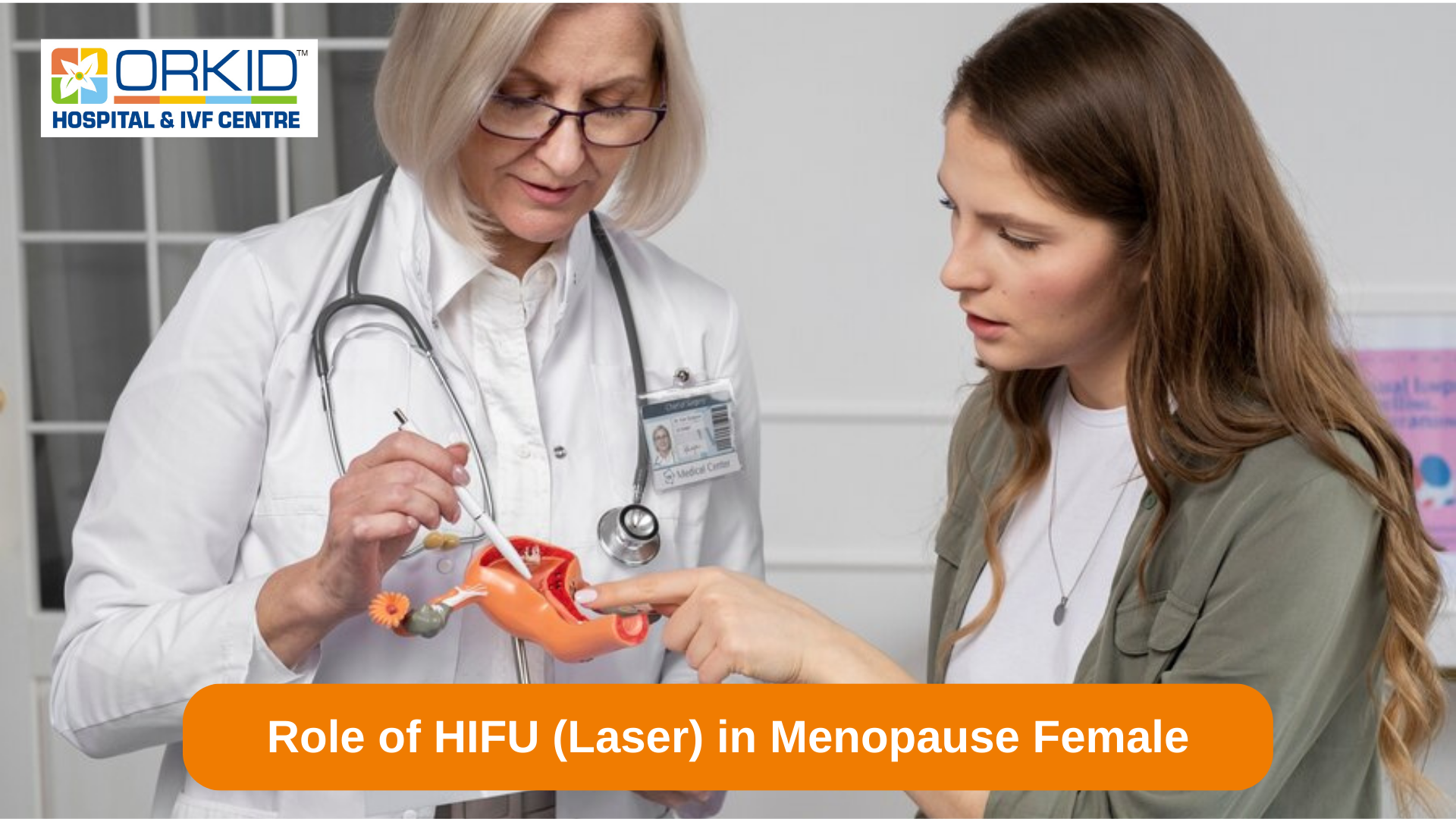Advances in reproductive technology have opened up new possibilities for prospective parents, allowing them to take a proactive approach in ensuring the health and well-being of their future children. Among these innovations are Preimplantation Genetic Screening (PGS) and Preimplantation Genetic Diagnosis (PGD). Dr Kajal Mangukiya, founder of Orkid hospital & IVF Centre, one of the best IVF centre in Surat, explores these two powerful techniques that offer unprecedented insights into the genetic makeup of embryos before they are implanted.
Understanding PGS and PGD
Preimplantation Genetic Screening (PGS) and Preimplantation Genetic Diagnosis (PGD) are modern procedures performed in conjunction with In Vitro Fertilization (IVF). These techniques involve analysing cells from embryos created through IVF to identify potential genetic abnormalities or specific inherited genetic conditions.
Experts at Orkid Hospital, which is known as one of the best IVF hospital in Surat, use the PGS to screen for chromosomal abnormalities, such as Down syndrome or other aneuploidies, which can significantly impact the health and development of a child. By identifying embryos with the correct number of chromosomes, PGS can increase the chances of a successful pregnancy and a healthy birth.
On the other hand, PGD is used to diagnose specific genetic disorders or conditions that run in families. This technique can detect mutations or alterations in specific genes associated with conditions like cystic fibrosis, Huntington’s disease, sickle cell anaemia, and many others. PGD empowers couples at risk of passing on inherited genetic disorders to make informed decisions about which embryos to transfer, potentially reducing the likelihood of their child being affected by the condition, says Dr. Kajal Mangukiya, the best gyno in Surat, at Orkid hospital.
The PGS and PGD Process
Further explaining the process, Dr Kajal Mangukiya, our IVF specialist at Orkid Hospital, known as one of the best IVF hospitals in Surat, says that PGS and PGD typically begins with an IVF cycle, during which multiple eggs are retrieved from the intended mother and fertilized with the partner’s sperm in a laboratory setting. Once the embryos reach the appropriate stage of development, usually on the third or fifth day after fertilization, a small number of cells are carefully removed from each embryo for genetic analysis.
These cells are then subjected to specialized genetic testing techniques, such as Fluorescence In Situ Hybridization (FISH) or Next-Generation Sequencing (NGS), to analyse their chromosomal makeup or identify specific genetic mutations or alterations.
After the genetic analysis, embryos that are found to be chromosomally normal (in the case of PGS) or free from the specific genetic condition being tested for (in the case of PGD) are identified as candidates for transfer into the intended mother’s uterus.
It’s important to note that not all embryos may be suitable for transfer, as some may be affected by genetic abnormalities or conditions that could compromise their viability or the future health of the child.
Benefits of PGS and PGD
The potential benefits of PGS and PGD are multifaceted and can significantly impact the lives of prospective parents and their future children.
1. Increased Chances of Successful Pregnancy: By identifying and transferring chromosomally normal embryos through PGS, experts from the best test tube baby centre in Surat are of the opinion that couples experience higher rates of successful pregnancies and lower rates of miscarriage, as chromosomal abnormalities are a leading cause of pregnancy loss.
2. Reduced Risk of Genetic Disorders: PGD enables couples at risk of passing on specific genetic disorders to significantly reduce the likelihood of having a child affected by these conditions, providing peace of mind and potentially avoiding the emotional and financial burdens associated with managing these disorders.
3. Informed Decision-Making: Both PGS and PGD empower couples with valuable genetic information, allowing them to make informed decisions about their reproductive journey and future family planning.
4. Shorter Time to Conception: Some of the best gynaecologists in Surat, including Dr Kajal Mangukiya, say that by identifying the most viable embryos, PGS and PGD can potentially reduce the number of IVF cycles needed to achieve a successful pregnancy, saving time, emotional stress, and financial resources.
5. Psychological and Emotional Support: For couples at risk of passing on genetic disorders or those who have experienced recurrent miscarriages, PGS and PGD can offer a sense of control and reassurance, providing emotional support during a challenging time.
Navigating the Journey with Professional Guidance
The path of PGS and PGD requires careful consideration, education, and guidance from qualified healthcare professionals, such as reproductive endocrinologists, genetic counsellors, and fertility specialists.
These professionals along with the best gyno in Surat can provide personalized guidance, explain the processes, risks, and potential outcomes, and help couples make informed decisions that align with their values, beliefs, and goals.
Ultimately, PGS and PGD offer prospective parents the opportunity to take a proactive approach in ensuring the health and well-being of their future children. By leveraging these cutting-edge technologies and working closely with medical professionals, couples can navigate this journey with confidence and make informed choices that best suit their unique circumstances and aspirations.





